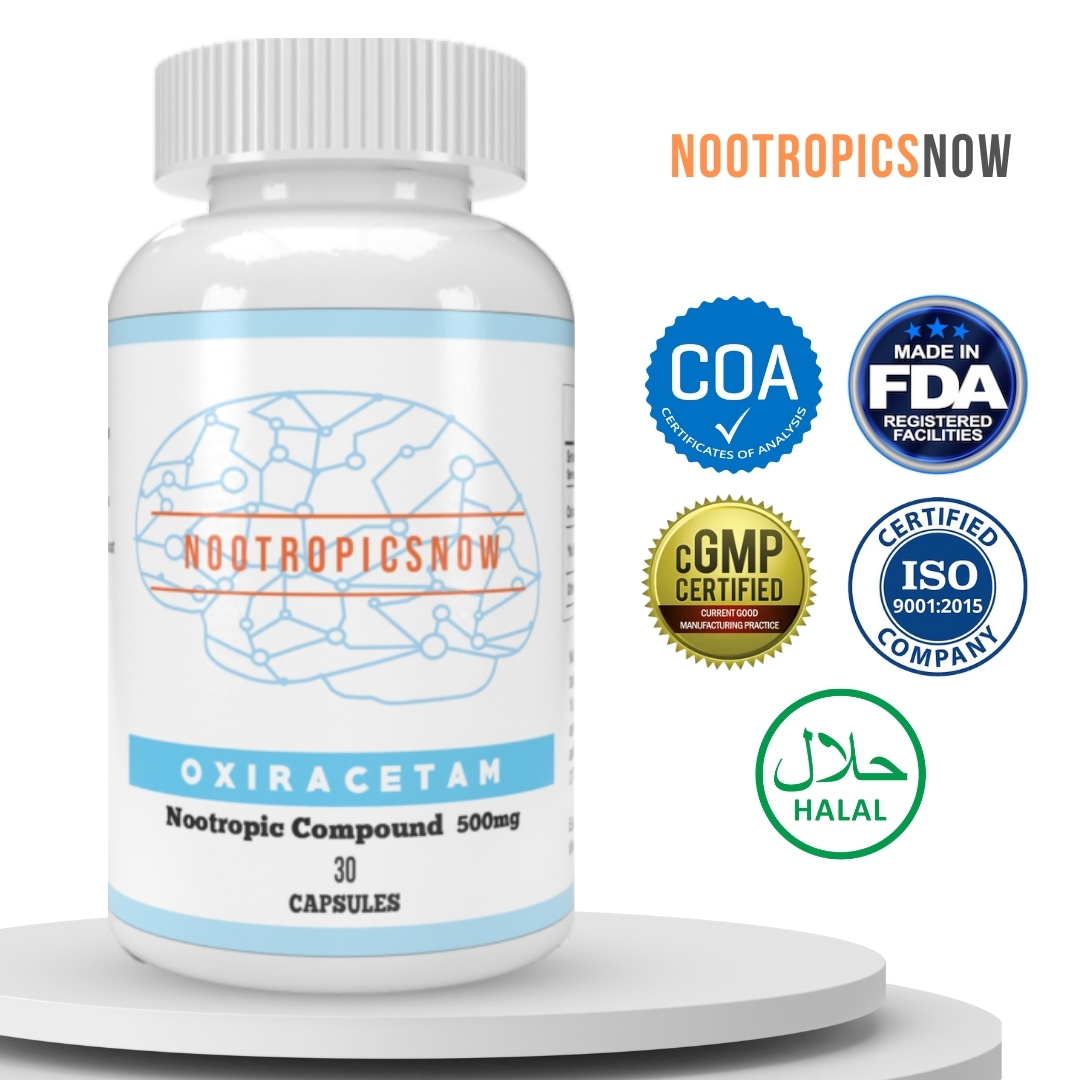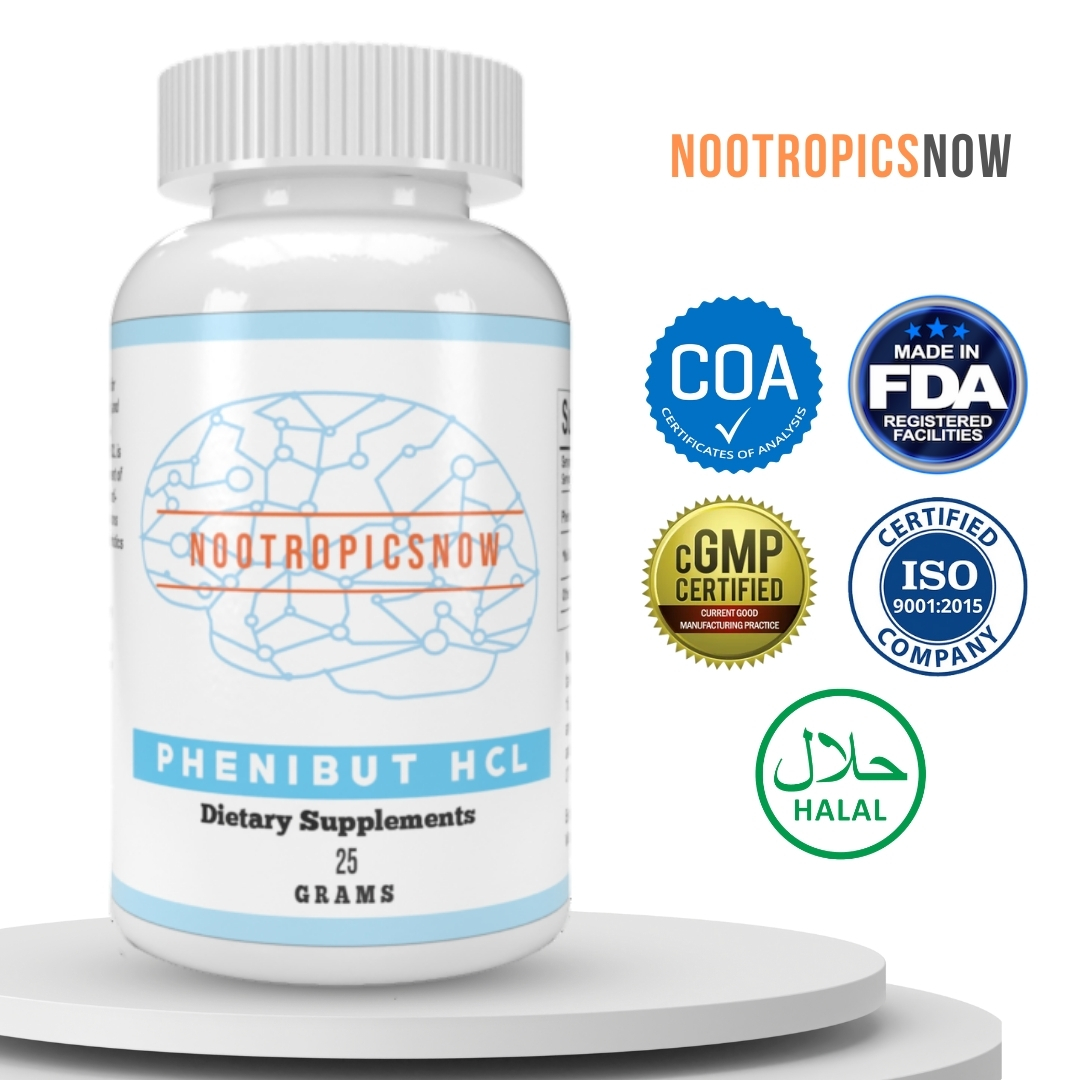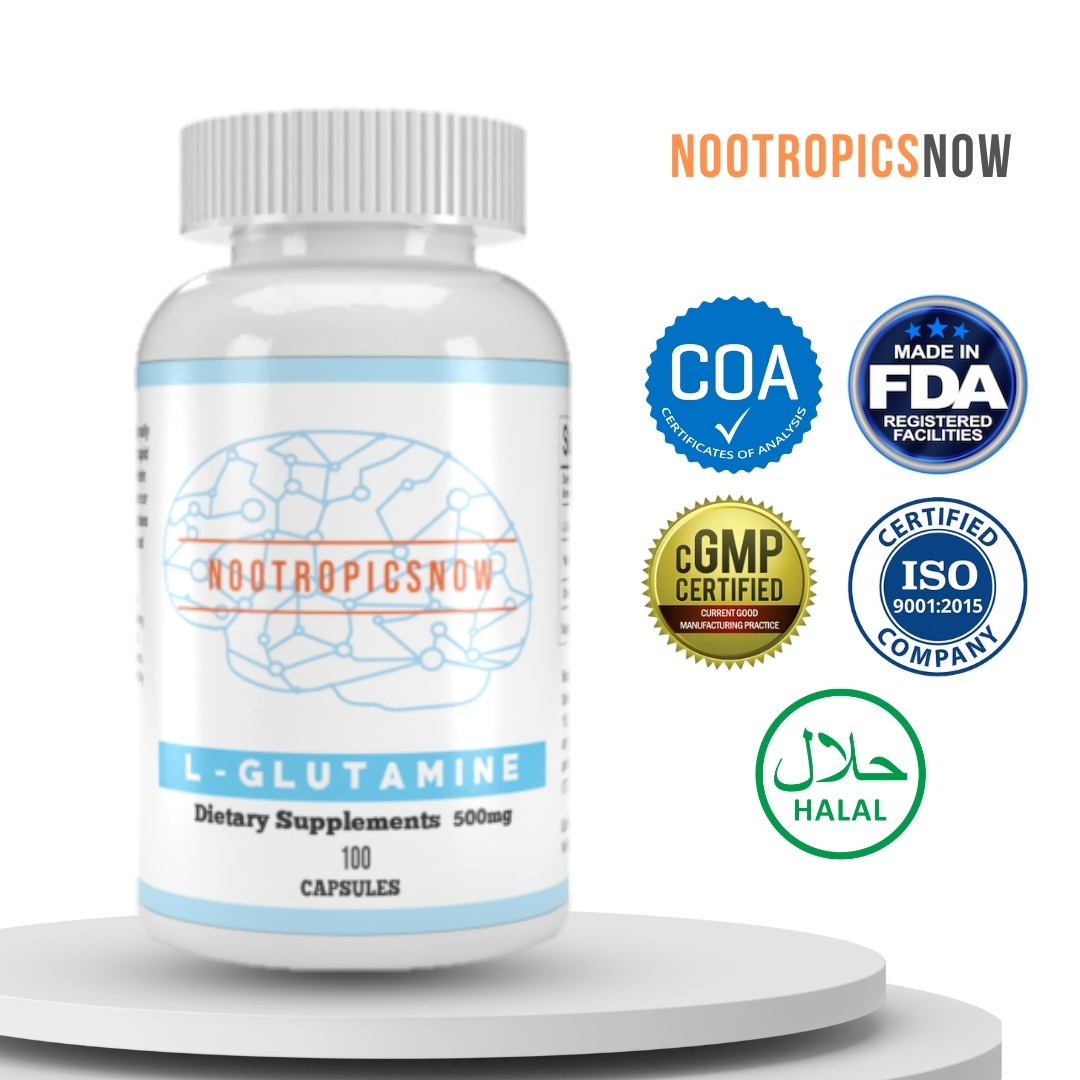Caffeine Tablets: Benefits, Dosage & Side Effects

Caffeine Tablets: A Comprehensive Guide to Benefits, Risks, and Usage
Caffeine tablets have emerged as a popular method for boosting energy, enhancing focus, and improving physical performance. They offer a concentrated dose of caffeine, providing a quick and convenient way to experience the stimulant’s effects. However, like any supplement, understanding the benefits, risks, and proper usage is crucial to maximizing their positive impact while minimizing potential drawbacks. This comprehensive guide dives deep into caffeine tablets, covering everything from their mechanism of action to safe consumption practices.
What are Caffeine Tablets?
Caffeine tablets are pills containing concentrated caffeine, a naturally occurring stimulant found in coffee beans, tea leaves, and cocoa beans. These tablets offer a precise and measured dose of caffeine, typically ranging from 100mg to 200mg per tablet. This standardized dosage allows users to control their caffeine intake more accurately compared to beverages like coffee, where caffeine content can vary significantly depending on the brewing method and bean type. Caffeine tablets are easily portable and convenient, making them a popular choice for students, athletes, shift workers, and anyone seeking a quick and reliable energy boost. They are often marketed as a dietary supplement and are readily available over-the-counter in pharmacies, supplement stores, and online retailers.
How Caffeine Tablets Work: The Mechanism of Action
Caffeine exerts its effects primarily by blocking adenosine receptors in the brain. Adenosine is a neurotransmitter that promotes relaxation and sleepiness. By blocking these receptors, caffeine prevents adenosine from binding, thus reducing feelings of fatigue and increasing alertness. Furthermore, caffeine stimulates the central nervous system, leading to increased levels of dopamine and norepinephrine, neurotransmitters associated with alertness, focus, and motivation. This combination of actions results in a heightened state of wakefulness, improved cognitive function, and increased physical performance.
The effects of caffeine typically begin within 15 to 45 minutes of ingestion, with peak effects occurring around an hour after consumption. The half-life of caffeine, which is the time it takes for the body to eliminate half of the caffeine, varies from person to person but generally ranges from 3 to 7 hours. This means that the effects of a caffeine tablet can last for several hours, depending on individual metabolism, dosage, and other factors.
The Benefits of Caffeine Tablets: What Can You Expect?
Caffeine tablets offer a range of potential benefits, making them a versatile tool for enhancing both mental and physical performance. Some of the key advantages include:
Potential Risks and Side Effects of Caffeine Tablets
While caffeine tablets offer numerous benefits, it’s crucial to be aware of the potential risks and side effects associated with their use. Excessive caffeine intake can lead to a range of adverse effects, including:
Safe Usage Guidelines for Caffeine Tablets: How to Minimize Risks
To maximize the benefits of caffeine tablets and minimize potential risks, it’s essential to follow these safety guidelines:
Are Caffeine Tablets Right for You? Considerations and Alternatives
Caffeine tablets can be a useful tool for enhancing alertness, focus, and physical performance, but they’re not for everyone. Consider the following factors when deciding whether caffeine tablets are right for you:
If you decide that caffeine tablets are not right for you, there are several alternatives that can provide similar benefits:
View Product-Nootropic-Brain-Booster-Motivation-Anxiety-Supplement-i.202321183.22514612143)
Conclusion: Making Informed Choices About Caffeine Tablets
Caffeine tablets offer a convenient and effective way to boost energy, enhance focus, and improve physical performance. However, it’s essential to use them responsibly and be aware of the potential risks and side effects. By following the safety guidelines outlined in this comprehensive guide and considering your individual health and preferences, you can make informed choices about whether caffeine tablets are right for you. Remember to consult with your doctor if you have any health conditions or concerns, and always prioritize your health and well-being.
Caffeine Tablets: A Deep Dive into Benefits, Risks, and Responsible Use
Caffeine tablets have become increasingly popular as a readily accessible way to boost energy, enhance focus, and improve athletic performance. Unlike coffee or energy drinks, caffeine tablets offer a precise and often more potent dose of this stimulant. However, with this concentrated power comes a need for careful consideration and responsible use. This section provides a comprehensive overview of caffeine tablets, covering their benefits, potential risks, safe usage guidelines, and comparisons to other caffeine sources.
Understanding Caffeine and its Effects
Caffeine, a naturally occurring stimulant found in coffee beans, tea leaves, and cacao pods, is widely consumed for its psychoactive effects. It primarily works by blocking adenosine, a neurotransmitter that promotes relaxation and sleepiness, thereby increasing alertness and reducing fatigue. Caffeine also stimulates the release of dopamine, a neurotransmitter associated with pleasure and motivation, which can enhance mood and focus. Caffeine tablets offer a concentrated form of this stimulant, providing a standardized dosage and predictable effect.
How Caffeine Works in the Body
Once ingested, caffeine is rapidly absorbed into the bloodstream and quickly crosses the blood-brain barrier, exerting its effects on the central nervous system. The half-life of caffeine, the time it takes for the body to eliminate half of the ingested amount, ranges from 3 to 7 hours. Factors such as age, genetics, liver function, and pregnancy can affect caffeine metabolism.
Dosage and Bioavailability
Caffeine tablets typically contain between 100 mg and 200 mg of caffeine per tablet, offering a consistent and predictable dose. This is in contrast to coffee, where the caffeine content can vary significantly based on factors such as bean type, brewing method, and serving size. The bioavailability of caffeine from tablets is generally high, meaning that a significant portion of the caffeine is absorbed into the bloodstream and becomes available to exert its effects.
Benefits of Using Caffeine Tablets
Caffeine tablets offer several potential benefits, making them an attractive option for individuals seeking to enhance their mental and physical performance.
Enhanced Mental Alertness and Focus
One of the primary benefits of caffeine tablets is their ability to increase alertness and improve focus. By blocking adenosine, caffeine can counteract feelings of sleepiness and promote wakefulness, allowing individuals to stay alert and attentive during demanding tasks. Students often use caffeine tablets to study for exams, while professionals may rely on them to stay focused during long workdays.
Improved Cognitive Function
Studies have shown that caffeine can enhance various aspects of cognitive function, including memory, attention, and reaction time. Caffeine can improve cognitive performance in both rested and sleep-deprived individuals. However, it’s worth considering nootropic stacks for more balanced performance. For example, exploring Oxiracetam Nootropics

View Product could boost memory retention further.
Enhanced Physical Performance
Caffeine is a well-known ergogenic aid, meaning it can enhance physical performance. It can improve endurance, reduce perceived exertion, and increase muscle strength and power. Athletes commonly use caffeine tablets before workouts or competitions to improve their performance. Also, note that Phenibut HCL Powder aids well in focus, memory, and relaxation during workouts.

View Product
Weight Management
Caffeine may also aid in weight management by increasing metabolism and promoting fat oxidation. Some studies have shown that caffeine can increase thermogenesis, the process of heat production in the body, which can lead to increased calorie burning.
Convenience and Portability
Caffeine tablets are convenient and portable, making them an easy way to consume caffeine on the go. Unlike coffee or energy drinks, caffeine tablets do not require preparation and can be easily carried in a pocket or bag.
Potential Risks and Side Effects
Despite their potential benefits, caffeine tablets also carry certain risks and side effects that users should be aware of.
Anxiety and Jitteriness
Caffeine can cause anxiety and jitteriness, especially in individuals who are sensitive to its effects. These side effects can manifest as nervousness, restlessness, and an inability to concentrate.
Insomnia
Caffeine can interfere with sleep, making it difficult to fall asleep or stay asleep. Consuming caffeine tablets close to bedtime can disrupt sleep patterns and lead to insomnia.
Digestive Issues
Caffeine can irritate the digestive system, causing heartburn, acid reflux, and stomach upset. Individuals with pre-existing digestive issues may be particularly susceptible to these side effects.
Increased Heart Rate and Blood Pressure
Caffeine can increase heart rate and blood pressure, which may be problematic for individuals with cardiovascular conditions. Individuals with high blood pressure or heart arrhythmias should consult with a doctor before using caffeine tablets.
Addiction and Withdrawal
Caffeine is a stimulant drug and can lead to addiction. Regular use can result in dependence, where the body adapts to the presence of caffeine and requires it to function normally. Withdrawal symptoms, such as headaches, fatigue, and irritability, can occur when caffeine consumption is abruptly stopped.
Overdose
Consuming excessive amounts of caffeine can lead to overdose, which can cause serious health problems, including seizures, heart arrhythmias, and even death. The risk of overdose is higher with caffeine tablets due to their concentrated form.
Safe Usage Guidelines for Caffeine Tablets
To minimize the risks associated with caffeine tablets, it is essential to follow safe usage guidelines.
Determine Your Tolerance
Start with a low dose of caffeine to assess your tolerance. Individuals who are new to caffeine or who are sensitive to its effects should begin with a small dose, such as 50 mg or 100 mg, and gradually increase it as needed.
Monitor Your Intake
Keep track of your total daily caffeine intake from all sources, including caffeine tablets, coffee, tea, and energy drinks. It is important to stay within the recommended daily limit of 400 mg for adults.
Avoid Consuming Caffeine Close to Bedtime
Avoid consuming caffeine tablets close to bedtime to prevent sleep disturbances. It is generally recommended to avoid caffeine consumption for at least 4-6 hours before going to bed.
Stay Hydrated
Caffeine can have a diuretic effect, increasing urine production and potentially leading to dehydration. Drink plenty of water throughout the day to stay hydrated.
Be Mindful of Interactions
Caffeine can interact with certain medications, such as antidepressants and antibiotics. Consult with a doctor or pharmacist to check for potential interactions.
Listen to Your Body
Pay attention to how your body responds to caffeine and adjust your intake accordingly. If you experience any adverse side effects, such as anxiety, insomnia, or digestive issues, reduce your caffeine consumption or discontinue use.
Caffeine Tablets vs. Other Caffeine Sources
Caffeine tablets offer several advantages over other caffeine sources, but also have some drawbacks.
Coffee
Coffee is a popular source of caffeine, but the caffeine content can vary widely. Caffeine tablets offer a more consistent and predictable dose. However, coffee also contains antioxidants and other beneficial compounds that are not present in caffeine tablets.
Energy Drinks
Energy drinks are often high in sugar and other additives, which can negate the benefits of caffeine. Caffeine tablets offer a purer and more controlled source of caffeine.
Tea
Tea contains caffeine, but generally in lower amounts than coffee or caffeine tablets. Tea also contains antioxidants and other beneficial compounds.
Pre-Workout Supplements
Many pre-workout supplements contain caffeine as one of their active ingredients. Caffeine tablets offer a more targeted and customizable way to consume caffeine before workouts. You can also use Glutamine for muscle growth before a workout.

View Product
Legal and Regulatory Considerations
The legal status of caffeine tablets varies depending on the country and region. In some areas, caffeine tablets are readily available over-the-counter, while in others, they may be restricted or require a prescription. It is important to check the local regulations regarding caffeine tablets before purchasing or using them. The FDA also has certain laws regarding labeling of caffeinated substances and supplements.
Who Should Avoid Caffeine Tablets?
Certain groups of individuals should avoid or limit their consumption of caffeine tablets.
Pregnant and Breastfeeding Women
Pregnant and breastfeeding women should limit their caffeine intake to no more than 200 mg per day, as caffeine can cross the placenta and enter breast milk, potentially harming the developing fetus or infant.
Individuals with Anxiety Disorders
Caffeine can exacerbate anxiety symptoms, so individuals with anxiety disorders should avoid or limit their consumption of caffeine tablets.
Individuals with Heart Conditions
Caffeine can increase heart rate and blood pressure, which may be problematic for individuals with heart conditions. Individuals with heart arrhythmias or high blood pressure should consult with a doctor before using caffeine tablets.
Children and Adolescents
Children and adolescents are more sensitive to the effects of caffeine and should avoid or limit their consumption of caffeine tablets. Excessive caffeine consumption can interfere with sleep, cause anxiety, and potentially affect growth and development.
Individuals with Sleep Disorders
Caffeine can interfere with sleep, so individuals with sleep disorders, such as insomnia, should avoid or limit their consumption of caffeine tablets.
Optimizing Caffeine Use: Additional Tips
Maximizing the benefits and minimizing the risks of caffeine use requires careful planning and consideration. Here are a few additional tips to optimize your caffeine consumption:
Conclusion
Caffeine tablets can be a useful tool for enhancing alertness, focus, and physical performance. However, it is crucial to use them responsibly and within recommended dosages. Understanding the potential risks and side effects can help individuals make informed decisions about their use. Always follow the safe usage guidelines and consult with a healthcare professional if you have any concerns. By taking a cautious and informed approach, you can harness the benefits of caffeine tablets while minimizing the potential risks.



